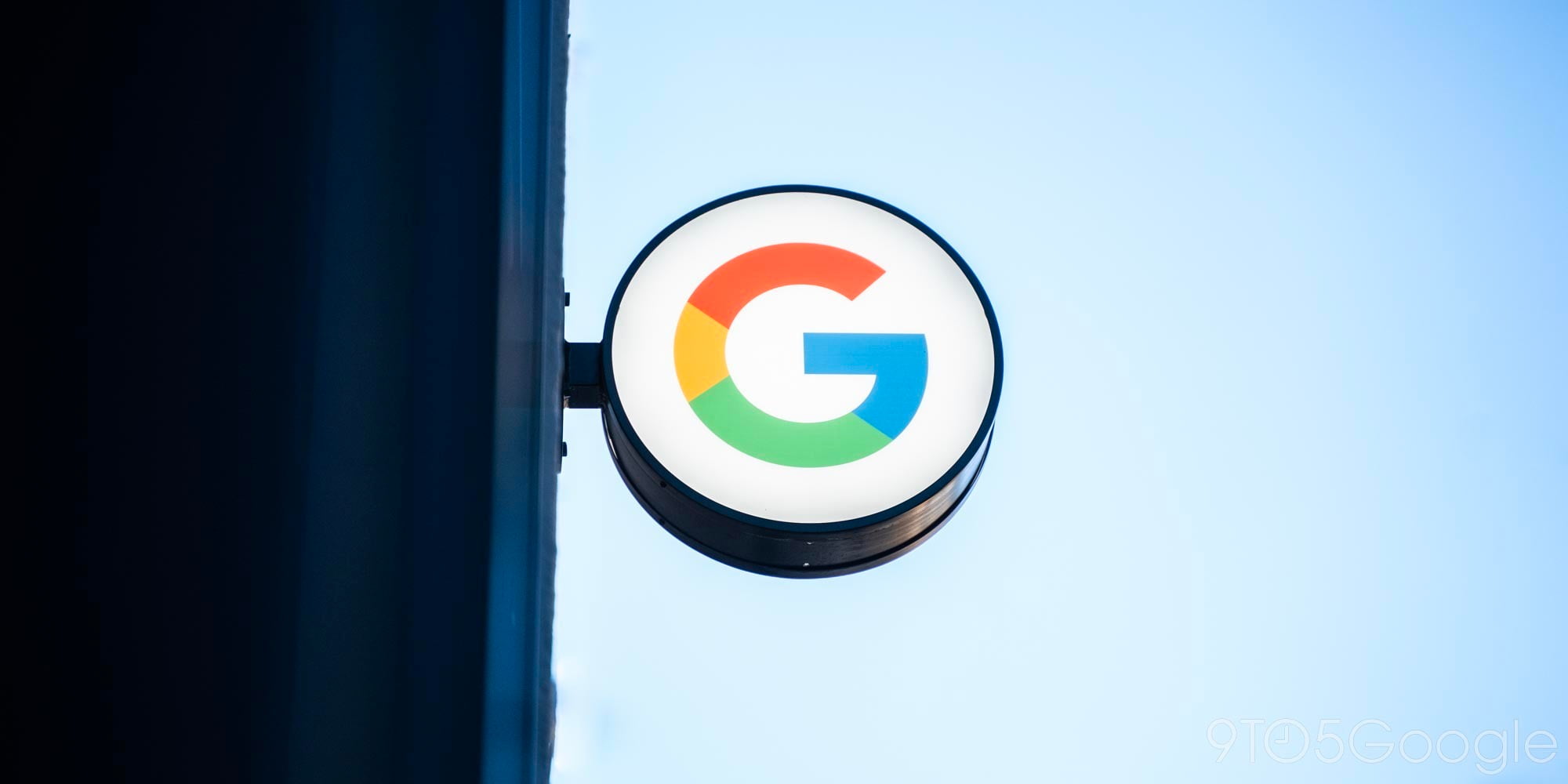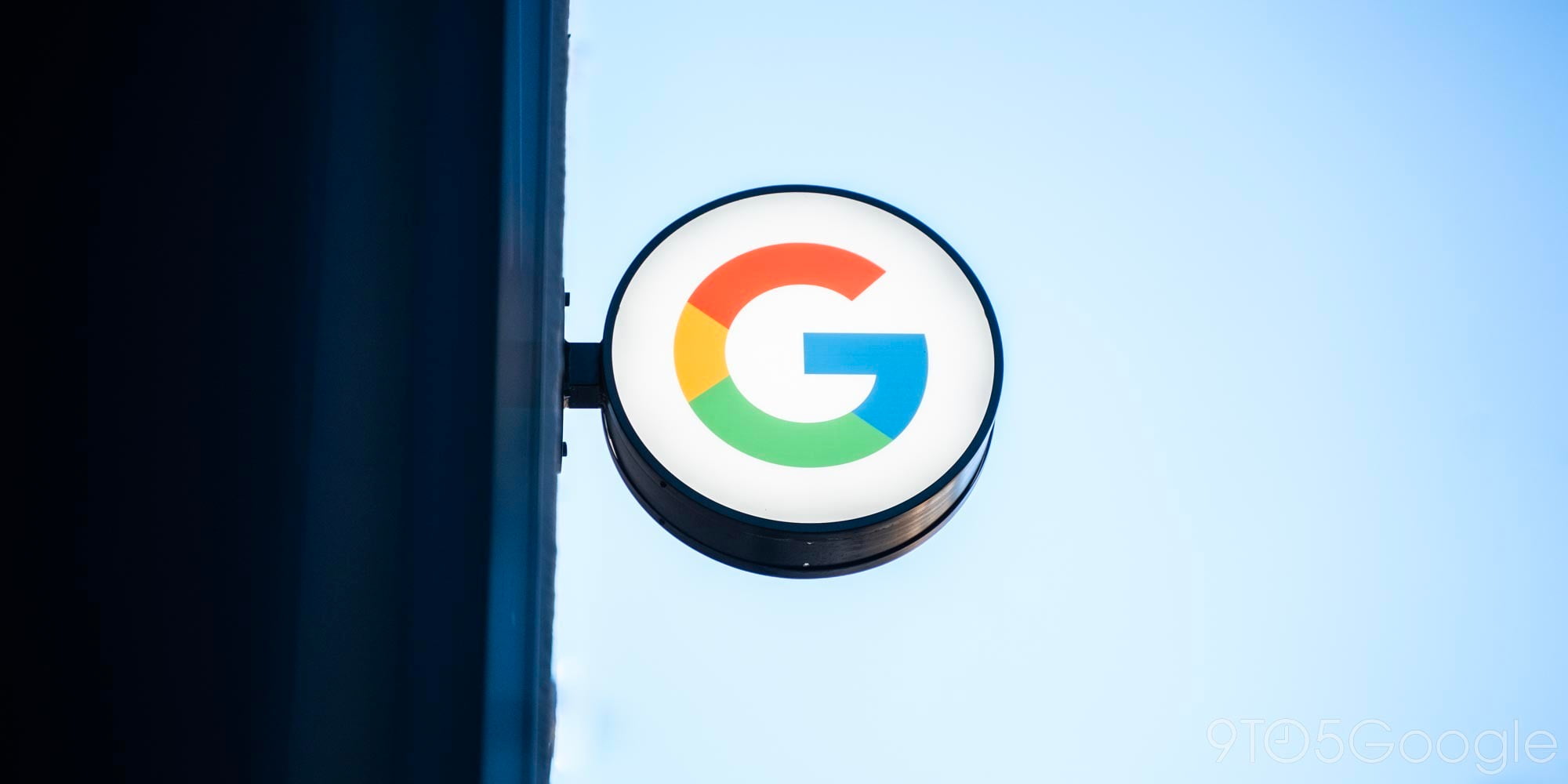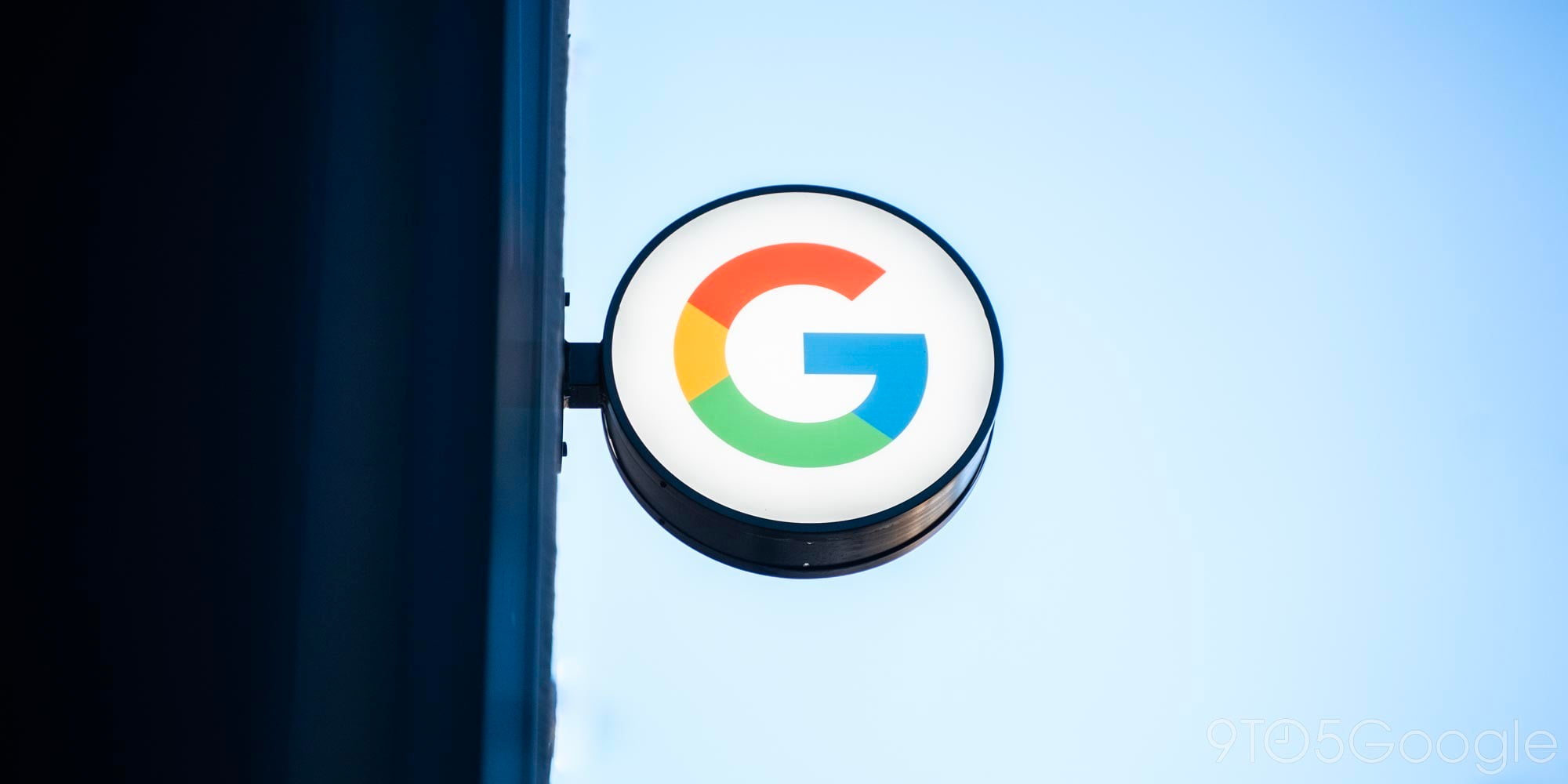Fuchsia


This week on Fuchsia Friday, we look at one of the most requested features of Fuchsia and how it might be possible.

While the Pixelbook only runs Chrome OS, its hardware isn’t — technically speaking — entirely locked in to the lightweight laptop (and lately, tablet) OS from Google. In fact, according to some new commits discovered by a Redditor over at /r/ChromeOS, Google is working on an “AltOS” mode that might allow it a bit more flexibility, although for now things are still muddy at best…

This week on Fuchsia Friday, we take count of Fuchsia’s development team and highlight some of its members. The backgrounds of Fuchsia’s contributors are widely varied, including those from RedHat, FreeBSD, Danger, BeOS, iOS and more. Let’s take a look at some of these, and have fun speculating what it might mean for the behind-the-scenes OS that is Fuchsia…

Fuchsia Friday is back with your fix of Fuchsia information. This week, we’re looking at how Fuchsia handles graphics differently and what that might mean for gaming and VR.

This week on Fuchsia Friday, we get to take a look at our most requested topic: Maxwell, the smarts behind Fuchsia.

When describing the organization of Fuchsia code, Google uses a “layer cake” metaphor. Fuchsia is the name of the project as a whole and of the finished product (we presume), but under the hood there are 4 distinct layers that it’s divided into. This week’s Fuchsia Friday details each layer and what we know about them.

If something isn’t growing, it’s dying. With the slew of neglected devices not receiving Android Oreo, it could be argued that the update system is one of Android’s fatal flaws. Fuchsia is trying to be different. This week in Fuchsia Friday we look at Fuchsia’s ambitious update system.

As excitement grows for Google’s highly anticipated OS, Fuchsia, some people are investing their time and talents into fan projects. One such person is Noah Cain, who has developed a working demo of Fuchsia’s Capybara design, for the browser.

Earlier this week, Google’s new cross-platform mobile app framework Flutter hit Beta. To celebrate that, let’s take a closer look at what Flutter is doing for app development today, and how it’s preparing developers and users alike for Fuchsia.

This week in Fuchsia Friday we look at the bigger picture. Google is making Fuchsia fundamentally different from systems of the past, especially learning from the challenges the company has encountered with Android. But now that we’ve taken a few weeks to describe some of its more important elements in detail, let’s take a step back and look at the big picture. Let’s check out the building blocks and terminology that Google uses to describe Fuchsia’s “modular” design.

The development of potential Google’s in-the-works Fuchsia OS is gradually getting more and more interesting. This afternoon, the Fuchsia OS team gained a valuable new team member, as Head of Platform Security for Android transferred to work on the fledgling OS.

We’ve slowly been learning more about Google’s upcoming Fuchsia OS, but given how different it is from Android, we can’t take anything for granted. It was easy to assume that Assistant would be back, but today we’ve gotten accidental confirmation from discussed changes to the source code.

With Fuchsia, Google’s upcoming OS for phones and computers, comes a chance to revamp and rebuild existing Android experiences and build them deeper into the operating system. In this week’s Fuchsia Friday, we’re looking closer at how Fuchsia has replaced the app drawer, and what seems to be an exciting reimagining of Instant Apps-like functionality.

Two weeks ago, we learned about Fuchsia’s Stories and Modules, and how they will help us better organize our time, tasks, and ideas. This week, we’re looking at the idea of ‘entities’, Fuchsia’s attempt to catalog the digital world to be read by Assistant. Entities are also part of the glue that holds disparate “modules” together into one coherent Story.

Last Friday, we took a look at how ‘modules’ in Google’s forthcoming Fuchsia OS come together to make ‘stories’. As we learned last week, a story is one or more apps working together to help you complete a single task. Fuchsia, for the uninitiated, is also designed to allow for quick switching between devices by saving your Stories to your personal ledger.
This week, we’re learning more about Ledger and how it helps Fuchsia tell your story.

Excitement about Google’s skunkworks Fuchsia OS is building on Reddit and elsewhere on the web, and of course that’s leading to lots of chatter about Google’s plans for the platform. Recently, one Redditor found an opportunity to try and learn more by pressing a Google employee for info, but we’re skeptical in these kinds of situations.

Raph Levien, a member of the Fuchsia OS team at Google, apparently spends a significant amount of his time (his 20% time perhaps) on Xi, a new text/code editor. Levien has lofty goals for the code editor, including availability for all desktop platforms, and, of course, being the primary text editor for Google’s forthcoming Fuchsia OS.

Earlier this week, we took a broad look at what Google’s Fuchsia OS could mean if and when it’s finished. Today, we begin a new series of diving in and taking a closer look at the variety of unique features and changes that the operating system offers. Our first topic is Stories and Modules, and how they could radically change the way you use your phone and desktop.

Since 2016, Google has been quietly building and testing a brand new operating system called Fuchsia. As it is open source, we have been able to follow along with its development and make guesses as to what it’ll look and feel like. If two things are apparent, it’s that Fushia will work cross-platform and it’s very Google Assistant-heavy.
With these in mind and seeing how far along it is in its developmental stages, do you think it will ever replace Android and or Chrome OS?

In 2016, we learned that Google was beginning work on a new operating system, with speculation at the time being that it could replace Android. Things were quiet until May of last year, when an innovative, but early home screen design was uncovered. Now that we’ve seen it up and running on a Pixelbook, it seems more likely Fuchsia could eventually supplant both Android and Chrome OS.
With the resurgence of attention on Google’s new Fuchsia OS, we thought it would be good to give a recap of what exactly Fuchsia is and why we’re excited about it.

This morning’s hands-on from Ars Technica of the latest Fuchsia OS build on a Pixelbook yielded a good look at how Google’s experimental OS is progressing. Compared to eight months ago, the OS has more things to demo, while today’s glimpse also yielded the set of current Fuchsia wallpapers (via Ron Amadeo).

Our early look at Fuchsia OS last May provided a glimpse into a number of new interface paradigms. Several months later, we now have an updated hands-on with Google’s future operating system that can span various form factors.
Expand
Expanding
Close

With Fuchsia, Google is creating an operating system designed to run on everything from Internet-of-Things devices to desktops. In the works since 2016, the latest development sees Google adding support for the Pixelbook as a “target device.”

For over a year, Google has been working on Fuchsia — a new operating system designed to run on a variety of form factors. We’ve had an early glimpse of that UI and under-the-hood Google is now working on supporting Apple’s Swift programing language.